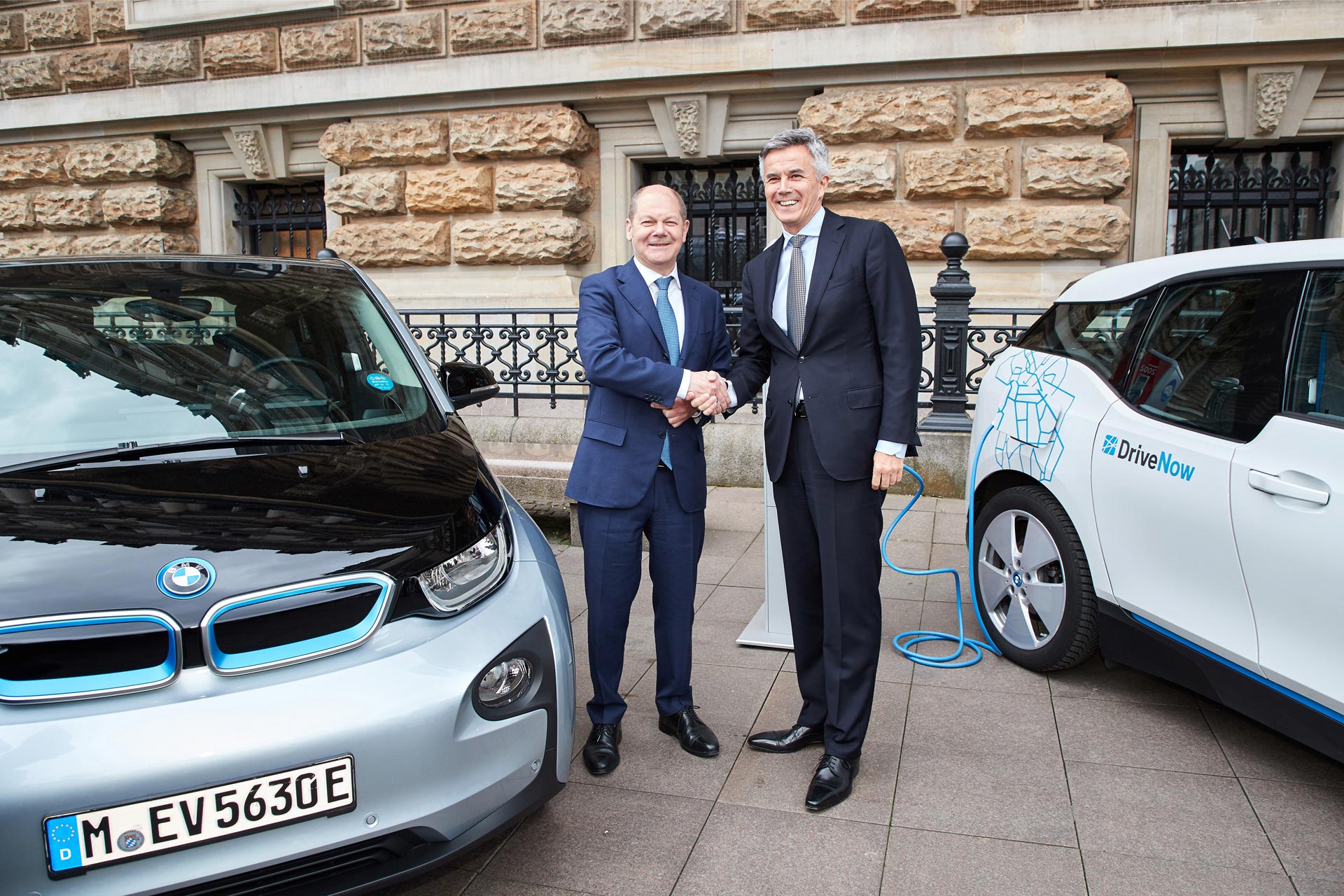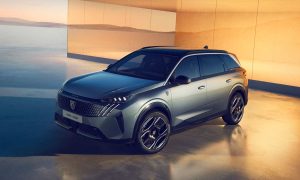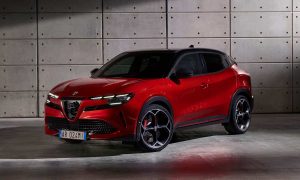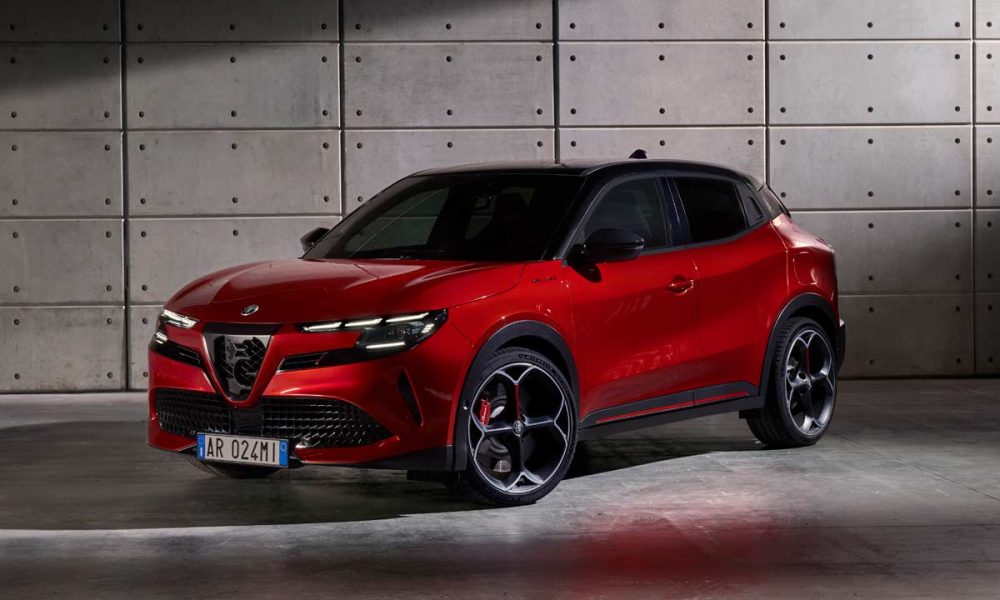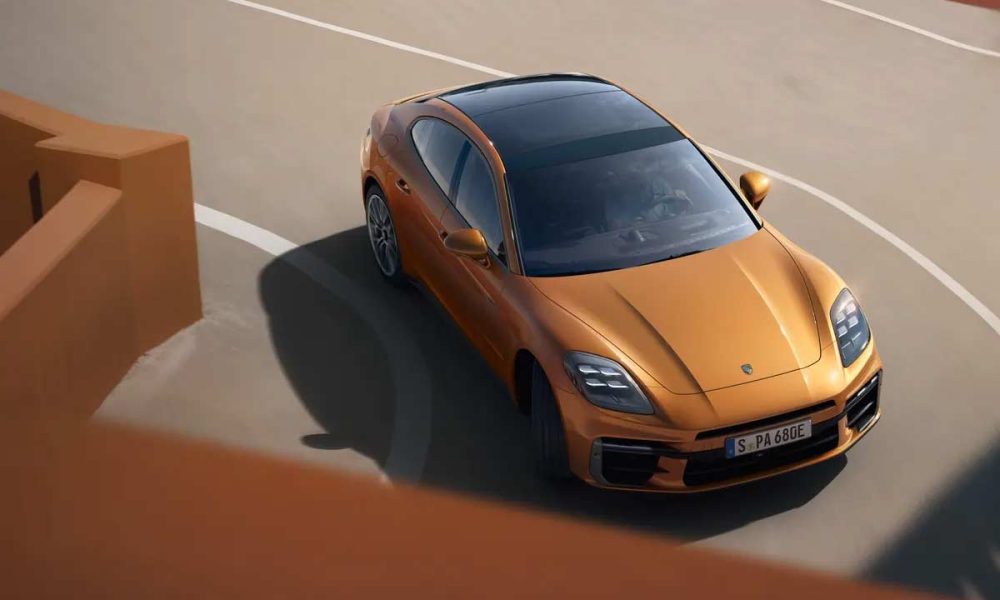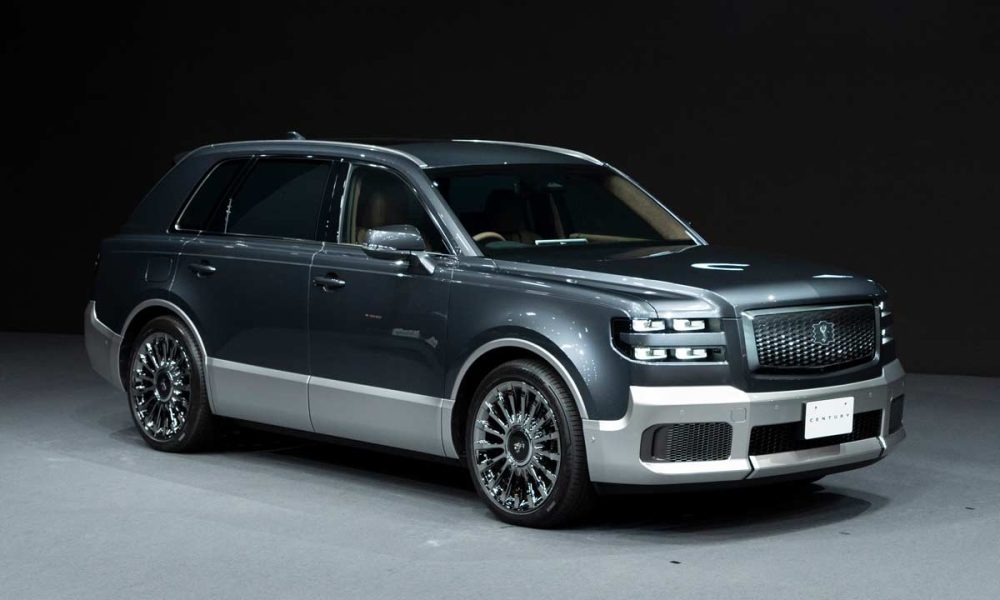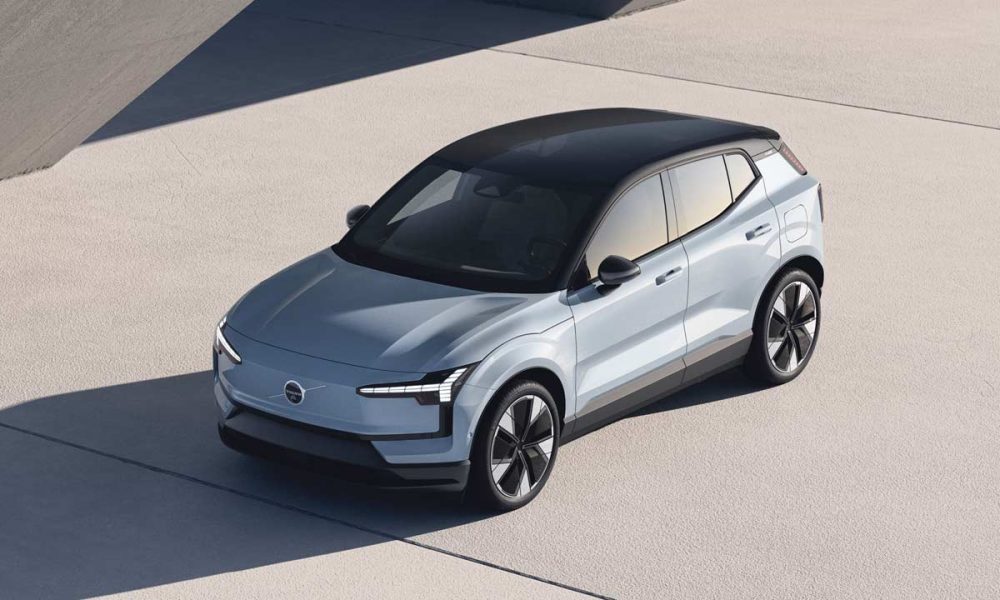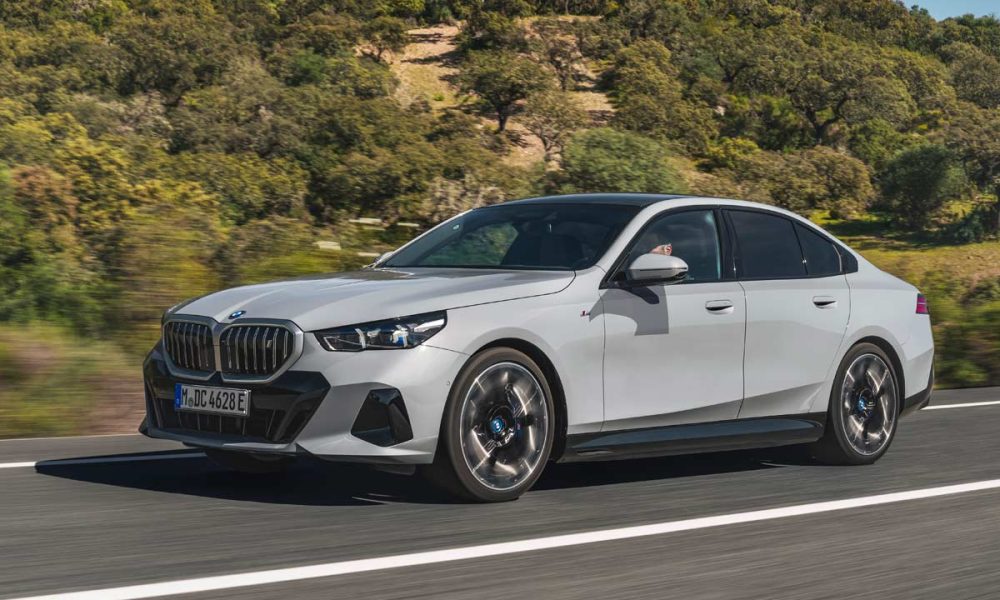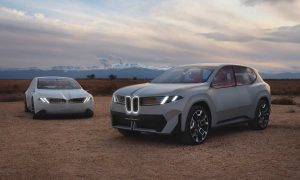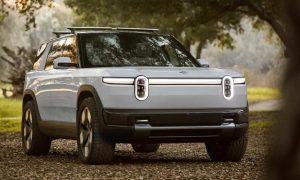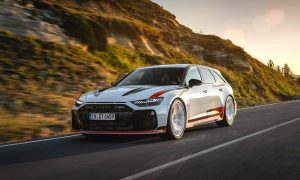BMW Group and the City of Hamburg have recently signed a Memorandum of Understanding to form a strategic partnership concerning urban mobility. The aim is to expand the electrified DriveNow vehicles to around 550 by 2019.
DriveNow is a car-sharing joint venture between BMW Group and Sixt SE, which mainly operates in Germany and few European cities including London. The user will be able to see the available cars in his vicinity via the DriveNow mobile app, and will be able to unlock the car with the app itself.
The planned 550 vehicles include around 400 pure electric vehicles and about 150 plug-in hybrids. At the same time, Hamburg intends to provide a total of 1,150 charging points in stages by 2019 and will become the first city in Germany to offer a significant number of parking spaces for car-sharing and electric vehicles.

“With Hamburg as our strong partner, we want to continue expanding our highly-attractive options for sustainable individual mobility in the city and help improve environmental conditions in urban areas,” explained Peter Schwarzenbauer, member of the Board of Management of BMW AG. “DriveNow is already a genuine success story in Hamburg and in other cities. I firmly believe this is an important step to win over even more users for electrified car-sharing,” Schwarzenbauer added.
“Hamburg is preparing for future mobility with state-of-the-art technologies. We want to make traffic cleaner, quieter and more efficient, thereby improving quality of life in the city. To achieve this, we are developing intelligent traffic systems and promoting electro-mobility all across the city by expanding charging infrastructure. This expansion programme will create the conditions needed to operate one of the largest electrified car-sharing fleets. This cooperation with the BMW Group will play a major role in systematically expanding e-car-sharing services. Integrated e-car sharing, combined with classic public transport solutions, will ensure that future urban passenger transport offers greater flexibility and capacity, even at peak times,” said Olaf Scholz, First Mayor of the Free and Hanseatic City of Hamburg.

Leave a Reply
Note: Comments that are unrelated to the post above get automatically filtered into the trash bin.
